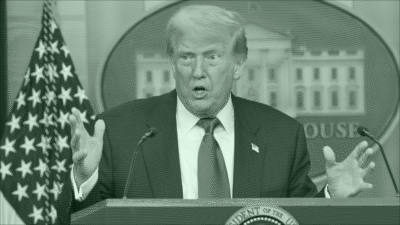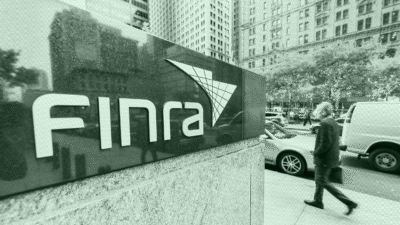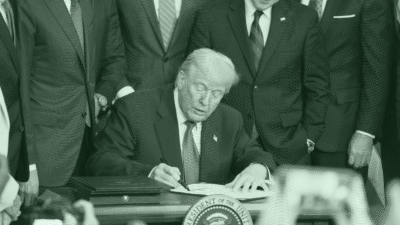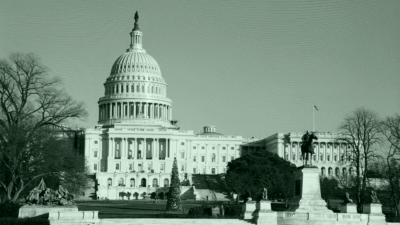Fed Rule Change Could Save Wall Street Banks Billions
The Federal Reserve is considering changes that would soften the global systemically important banks surcharge and free up assets for banks.

Sign up for market insights, wealth management practice essentials and industry updates.
Forget saving for a rainy day — banks want their money now, and they just might get it.
The Federal Reserve is considering changes that would soften the global systemically important banks (GSIBs) surcharge, a measure designed to lower risks and provide capital buffers at America’s biggest lenders. The tweaks could free up hundreds of billions of dollars for big US banks to lend and invest as they see fit, Reuters reported.
Industry sources told The Daily Upside the surcharge — and a related proposal called the Basel III that would impose a set of risk management and oversight rules — can create all sorts of issues for banks and their private wealth arms. Opponents of the rules say they could lead to lower liquidity for ETFs, higher costs for custodians, and limited fund access to derivatives.
Doomsday Preppers
The surcharge targets banks that, if they were to ever collapse, could pose a threat to international financial systems. We’re looking at you, Great Recession.
However, new capital requirements and regulations have been building for more than a decade, and many lenders view the surcharge less as a safety net and more as wasted potential:
- Even a seemingly small surcharge of 0.5% would equal more than $8 billion in extra capital buffers for JPMorgan Chase or Bank of America, according to a Reuters calculation.
- In the first quarter of the year, the surcharge led to the eight US GSIBs holding on to $230 billion of capital. (That’s the money the banks wish they could actually use.)
Let’s Not Go Overboard: Last year, in the wake of multiple mid-sized bank failures, the Fed proposed raising overall capital requirements by 20%, an idea that Chase CEO Jamie Dimon called “flawed and poorly calibrated.” He asked, “What person, in what ivory tower, thinks that that is a rational thing to do?” The consensus among banks seems to be that these types of capital requirements are like a hat on a very expensive hat.











